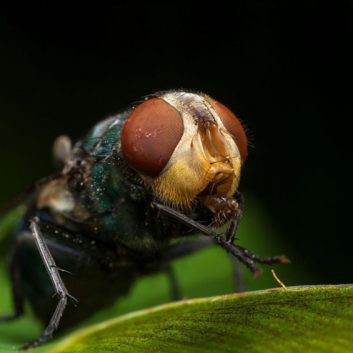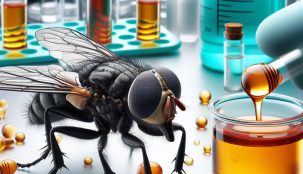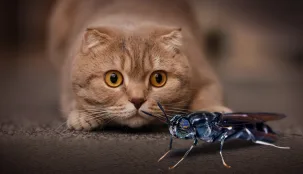The Insect Industry: A Natural Solution to Climate Challenges and Corporate Disruption
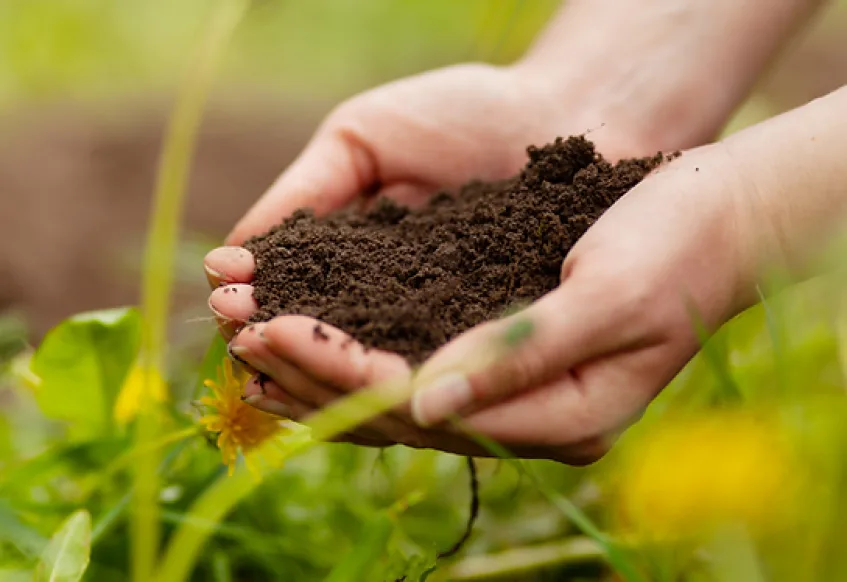
In the quest for sustainable solutions to combat climate change, one unlikely hero is emerging: the insect industry. As the world grapples with the urgent need to reduce greenhouse gas emissions and mitigate environmental degradation, the potential of insects as a low-cost, nature-based solution cannot be overstated. However, the rise of this industry poses a significant threat to established players peddling expensive chemical solutions. While the benefits of scaling up insect production are manifold, the journey towards widespread adoption is fraught with challenges, particularly for industries vested in maintaining the status quo.
Unveiling Nature’s Solution

At the forefront of this revolution is the role of insects in animal agriculture. By incorporating insects into the diets of chickens and fish, farmers can significantly reduce their reliance on antibiotics. This natural alternative not only promotes animal health but also addresses growing concerns over antibiotic resistance—a problem exacerbated by the overuse of pharmaceuticals in livestock farming. However, this shift towards nature-based solutions strikes a blow to big pharmaceutical companies, whose profits hinge on the sale of antibiotic medications.
Eco-Friendly Innovation
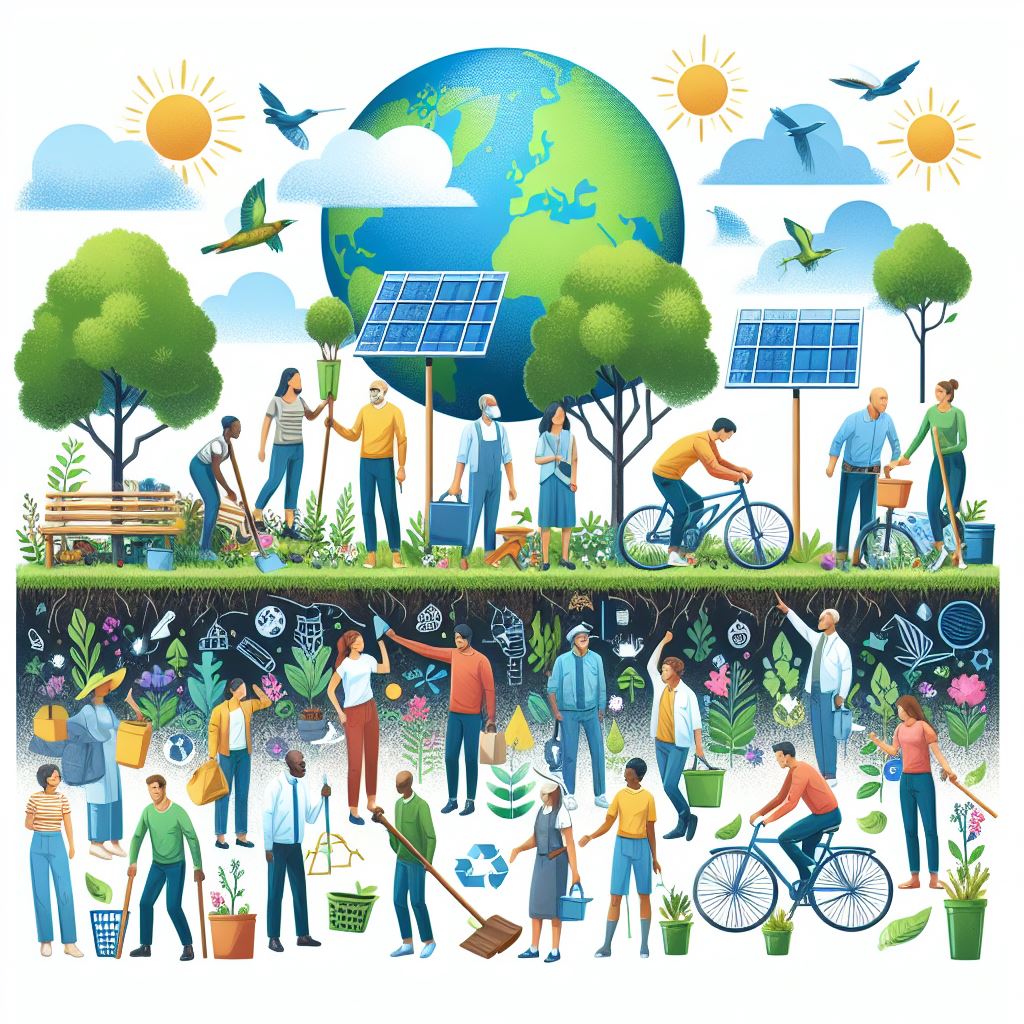
Furthermore, the utilization of insect frass—a nutrient-rich byproduct of insect metabolism—offers a promising avenue for restoring soil health and fertility in agriculture. By replacing synthetic chemical fertilizers with insect-derived frass, farmers can enhance soil structure and nutrient retention, leading to improved crop yields and reduced environmental impact. However, this transition threatens the bottom line of big oil companies, whose profits are deeply intertwined with the production and distribution of synthetic fertilizers.
Sustainable Solutions

Additionally, the benefits of insect frass extend beyond soil health to pest management. As farmers incorporate frass into their agricultural practices, they can reduce their reliance on chemical pesticides, thereby minimizing the environmental damage associated with their use. However, this shift challenges the dominance of big chemical companies, whose profits rely on the sale of pesticide products.
Navigating the Roadblocks
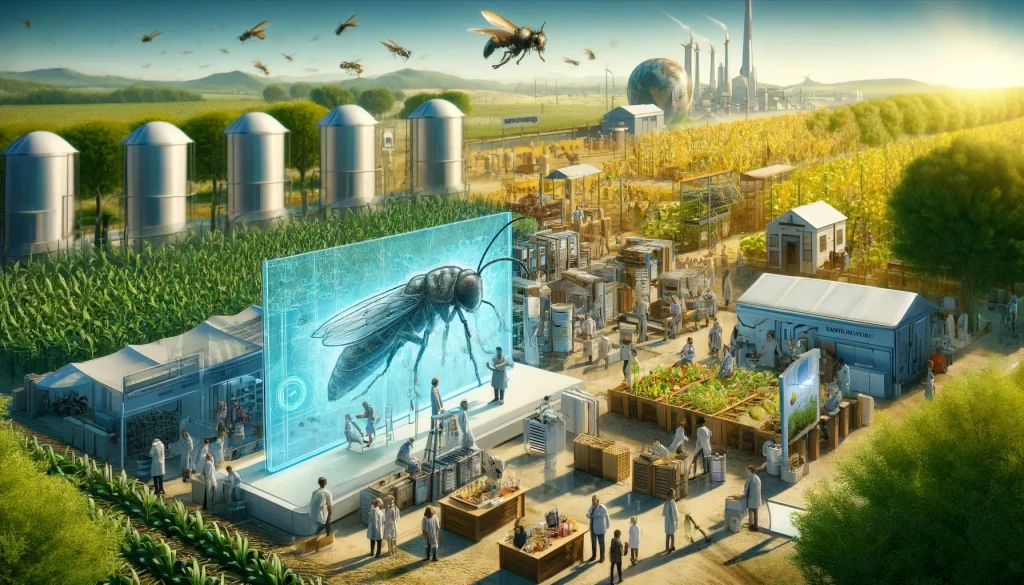
Despite the undeniable benefits of scaling up the insect industry, the path to widespread adoption is not without its obstacles. One of the primary challenges lies in education and awareness-building initiatives to promote the benefits of nature-based solutions and dispel misconceptions surrounding insect-derived products. Furthermore, industry building efforts must address logistical and infrastructural barriers to scale production and distribution effectively.
In conclusion, the insect industry holds immense promise as a natural solution to our most pressing climate challenges. By harnessing the power of insects in animal agriculture and soil restoration, we can reduce our reliance on costly and environmentally harmful chemical solutions. However, the disruptive nature of these innovations poses a significant threat to entrenched interests in the pharmaceutical, oil, and chemical industries. Nevertheless, by fostering collaboration and driving innovation, we can overcome these challenges and pave the way for a more sustainable future. It’s time to embrace the potential of insects as agents of change in the fight against climate change and environmental degradation.
For more information about:
- Insect Bioconversion of Waste, please contact us at the Insect school. https://www.insectschool.com/
- Turnkey Insect Farms – https://www.insectengineers.com/bsfturnkey/production
- If you would like to book BSF industry keynote speaker Bob Holtermans for your event – https://www.insectengineers.com/about-us/speaker-bobholtermans


